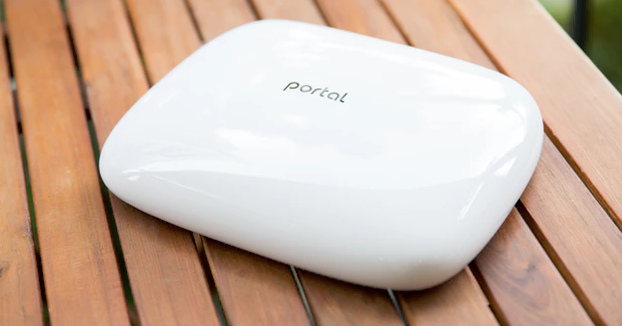Trying to find a Wi-Fi hotspot while away from home or the office can be hard enough. Trying to find a hotspot while traveling internationally can be an even bigger pain in the neck.
 GeeFi is a hotspot that promises unlimited 4G Wi-Fi service from just about anywhere. The patented, pocket-sized device houses an advanced chipset that delivers fast, reliable 4G/LTE Wi-Fi with unlimited data. Users can wirelessly connect up to 10 devices to GeeFi, which touts speeds of 150 megabits per second for downloading and 50 megabits per second for uploading. GeeFi doubles as a charger for any USB chargeable device.
GeeFi is a hotspot that promises unlimited 4G Wi-Fi service from just about anywhere. The patented, pocket-sized device houses an advanced chipset that delivers fast, reliable 4G/LTE Wi-Fi with unlimited data. Users can wirelessly connect up to 10 devices to GeeFi, which touts speeds of 150 megabits per second for downloading and 50 megabits per second for uploading. GeeFi doubles as a charger for any USB chargeable device.
It ships in December. Future pricing isn’t provided. But Kickstarter backers have been able to order one for a pledge starting at $100 for super early birds. Its makers hope to raise $20,000 by Oct. 24.


 Screen
Screen